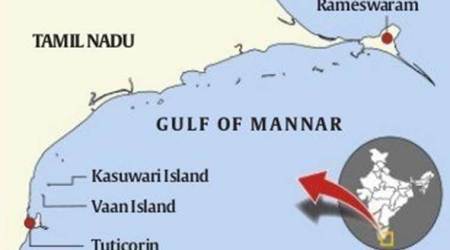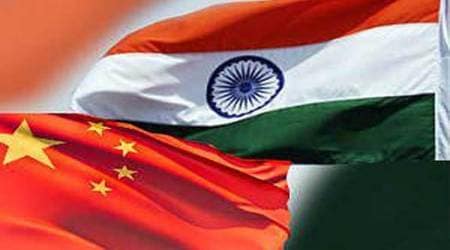 European states, meanwhile, have let it be known they are less than happy about the sanctions, which will hit companies working with Russian gas and oil — energy on which the continent is dependent.
European states, meanwhile, have let it be known they are less than happy about the sanctions, which will hit companies working with Russian gas and oil — energy on which the continent is dependent.
If, as a growing mass of evidence now suggests, President Vladimir Putin authorised Russia’s intelligence services to target last year’s United States presidential elections, his ambitions were likely simple: To bring to power the candidate most likely to ease sanctions on his country, and halt the North Atlantic Treaty Organisation’s relentless eastward expansion.
Events since then have been an education in the nature of unintended consequences. Exposure of the election scandal has led the US Congress to vote 419-3 to sharpen already-harsh economic sanctions against Russia, with Democrats seeking payback and Republicans fearing standing against a tide of angry nationalism. President Donald Trump, accused of colluding with the Russian election-rigging effort, has said he will sign the sanctions bill.
For its part, Russia has responded by ordering Washington to remove 755 of its 1,200 embassy and consulate staff by September, to match the levels it now maintains in the US. In addition, Moscow has seized two diplomatic properties, used by the US as country retreats.
European states, meanwhile, have let it be known they are less than happy about the sanctions, which will hit companies working with Russian gas and oil — energy on which the continent is dependent. The long-term effects of the snowballing row could impact almost every crisis of global significance: North Korea’s nuclear missile programme; the wars in Syria and Afghanistan; China’s aggression on its peripheries.
Even though it’s tempting to blame the situation on a White House whose affairs have become indistinguishable from parody, the reality is that both superpowers carry blame. First, President Putin’s efforts to influence the outcome of the US elections ought to surprise no-one. Immoral or otherwise, this is what nation-states do: The US, after all, is said to have financed non-governmental organisations involved in regime destabilisation in Ukraine, Kyrgyzstan, Egypt and Syria.
However, Russia’s own murderous war in Ukraine, and its intimidation of small states on its peripheries, led up to President Barack Obama imposing sanctions in the first place. Having said that, Russia has its own long list of legitimate complaints, with NATO breaching promises not to expand eastwards and the US, through its destruction of state structures in West Asia, strengthening jihadists who pose a threat to Russia.
The lesson of four and a half decades of Cold War crises was that diplomacy — not moral outrage and coercion — is needed to address the core issues that underlie them. Neither Putin nor Trump has shown the responsibility that ought to come with the stewardship of the world’s greatest nuclear-weapon arsenals. The time for both to show that mindfulness is now.







